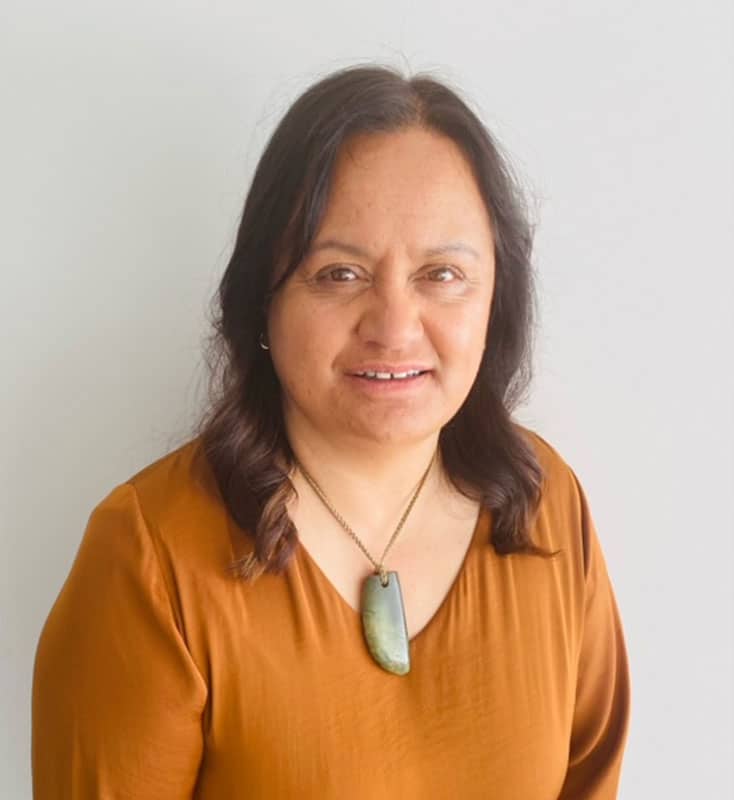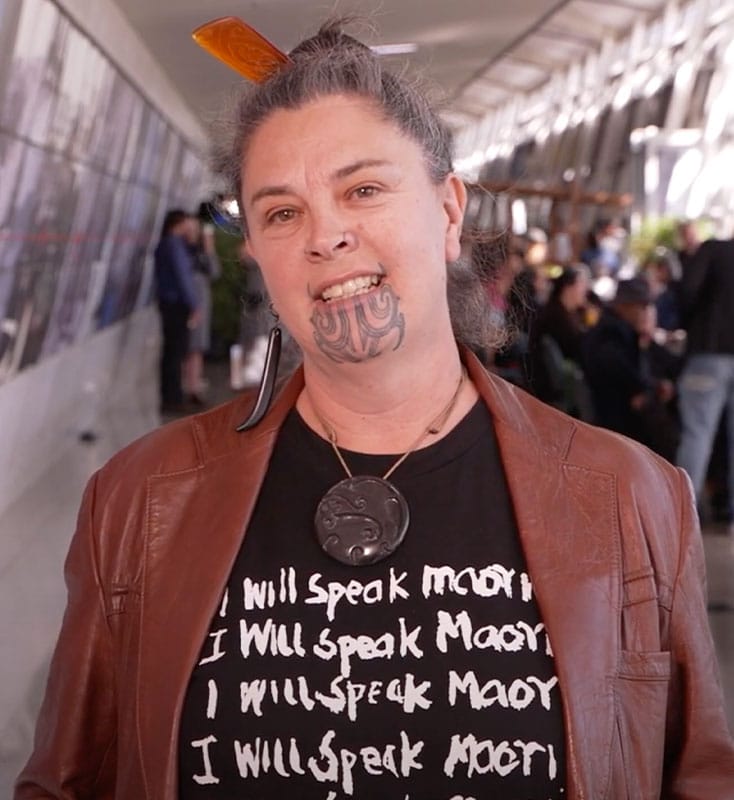Hitchcock, J.
Economic Government Land
Auckland UL Rev., 14, 217-243
2008
Read Publication
This paper examines the critical challenges faced by owners of Māori land in New Zealand, specifically focusing on the difficulties in obtaining finance to develop their land, known as whenua.
The research highlights the unique status of whenua in Māori culture, not only as a physical asset but as a crucial element of Māori identity, spirituality, and social life. Citing historical and contemporary sources, including Sir Hugh Kawharu and Judge Milroy, the paper illustrates the historical decline in Māori-owned land and the resultant socio-economic disparities between Māori and non-Māori populations. A significant portion of the paper critiques the Te Ture Whenua Māori Act 1993, underscoring how its provisions, particularly those relating to land status change and multiple ownership, pose barriers to securing financial backing for land development. The paper presents an analysis of these structural and non-structural impediments, advocating for the establishment of a Māori financial institution that aligns with Māori values and supports sustainable development. The discussion extends to critique government initiatives like Māori Business Aotearoa New Zealand and proposes the formation of a ‘Māori Mutual’ – a mutual society pooling Māori resources to facilitate the economic, social, and cultural development of Māori land. This proposed solution aims to address market failures and empower Māori landowners by providing a culturally aligned and self-sustaining financial framework. In conclusion, the paper argues for a holistic approach to Māori land development that respects the cultural and spiritual significance of whenua, advocating for community-led financial solutions over government-imposed models. This research provides a thorough exploration of the complexities surrounding Māori land development, offering practical solutions grounded in Māori cultural principles.










